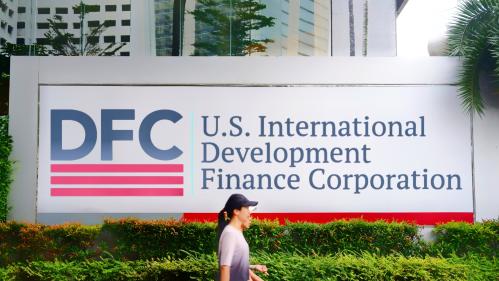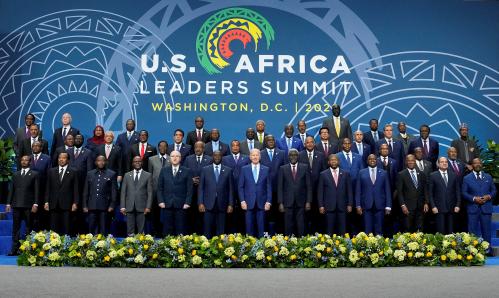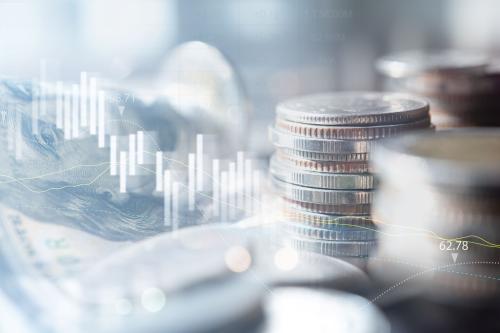Content from the Brookings Doha Center is now archived. In September 2021, after 14 years of impactful partnership, Brookings and the Brookings Doha Center announced that they were ending their affiliation. The Brookings Doha Center is now the Middle East Council on Global Affairs, a separate public policy institution based in Qatar.
The Arab Spring created a mass movement for political reform across the Middle East and North Africa.
The revolution continues to transform the region’s politics and has been showing some signs of creating social reform. There was a lack of a central leader in the Arab Spring; however, the absence of one leader pushed each individual to lead. With each individual taking ownership of his participation, the Arabs’ revolution became bigger than many expected. The purpose of this nonviolent protest was for Arab citizens to raise their voices against the oppression and injustice they had dealt with for decades under pro-US regimes. These regimes’ extreme corruption and injustice made it harder for people to respect those rulers.
The issue was not that corruption was the people’s only problem with the regimes; rather, the problem was the pervasiveness of the corruption in everyday life. From cases of fraud to instances of individuals gaming the system — even by doing something as simple as using their connections to cut in line — this aspect of those regimes was and still is a major issue for the Arab Spring states.
The United States of America has historically aided immigrants to the US who are fleeing hardship in their homelands. In more recent times, though, the United States has taken this approach outside its borders and applied it on the international level. Americans have quickly earned an unflattering reputation for going into countries suffering from conflict and thinking that their presence will make all the difference.
The United States is no stranger to rocky relationships with Arab nations, and, with the onset of the Arab Spring, the future of these relationships became even more fragile. In a country such as Egypt, where Mubarak and his regime had held political control for decades, it was reassuring for US officials to know that the leadership they were dealing with was stable, even if they did not necessarily agree with that leadership’s policies. Now that this head of state is gone, America no longer knows where they stand with Egypt. Instead of letting Egypt’s issues play themselves out, though, America is trying to push money and ideas on Arabs for American gain.
The United States should instead use the Arab Spring as an opportunity to rebuild its image as a superpower and do away with negative perceptions of the US in the Arab world. America did not reach its current state overnight; Americans have to realize that it will take time for Arab Spring nations to get back on their feet and create new identities for themselves. The citizens of these countries are, in the end, people seeking freedom just as America’s founding fathers did. Americans think about the Middle East and associate it with oil, as well as the threat of terrorism. They need to allow the Arab Spring states to develop into nations that will benefit themselves as well as the United States. Someday, they can be America’s democratic partners on the world stage — on their own terms.



Commentary
Op-edThe Role of America in a Changing Arab World
November 5, 2012